Normal Reading Worksheets for Ages 3-9 - Page 15
354 filtered results
-
From - To
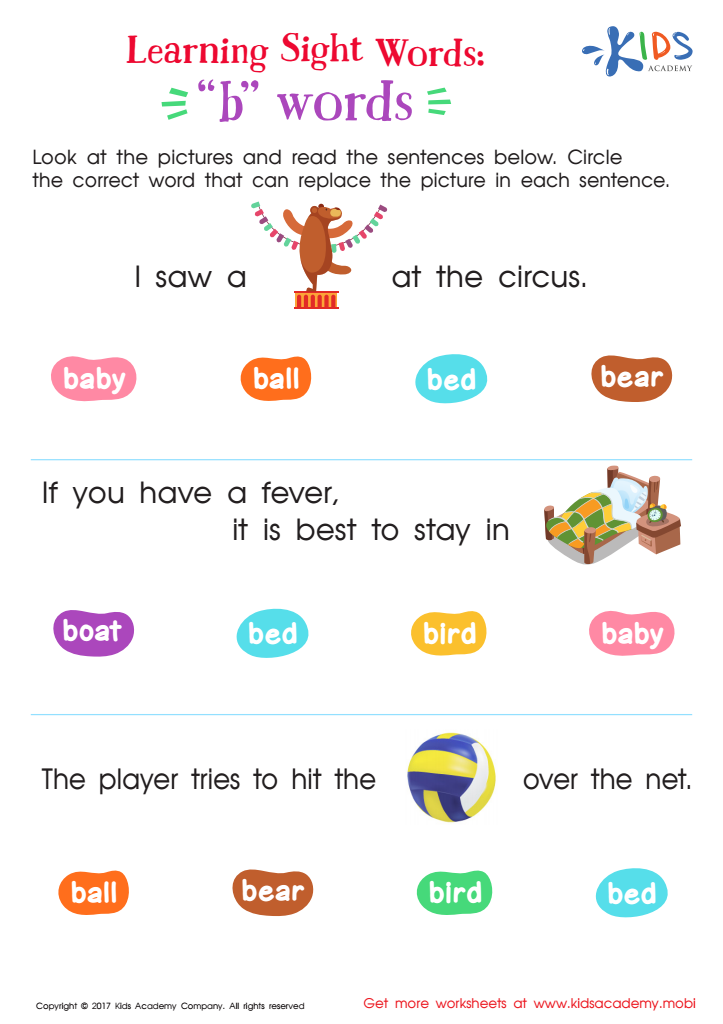

"B" Words Printable Sight Words Worksheet
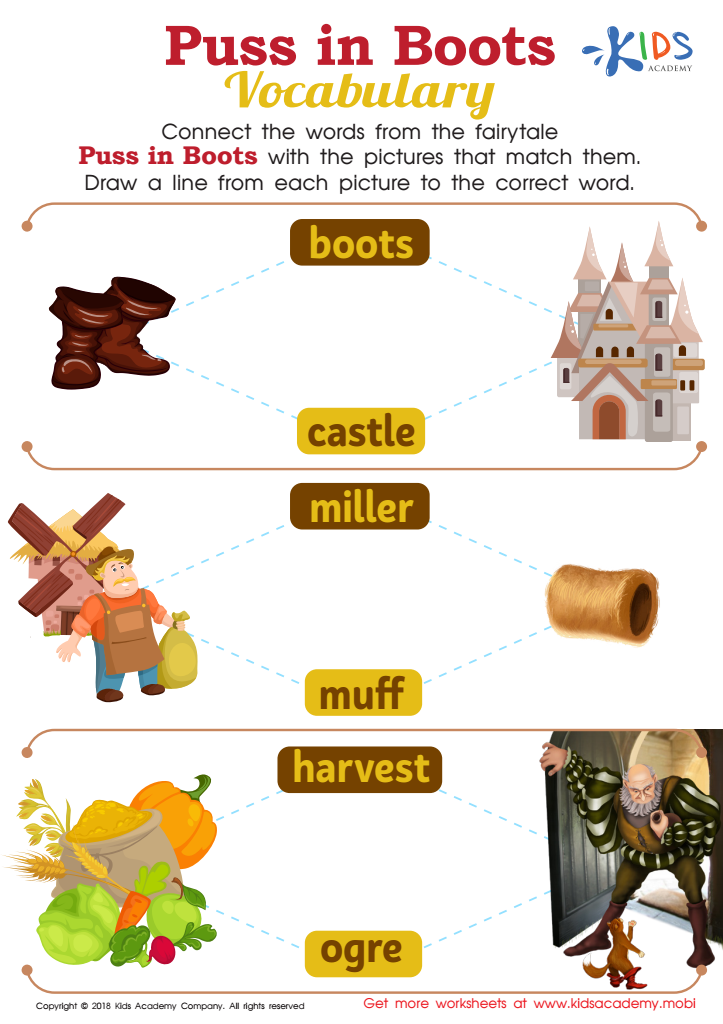

Puss in Boots Vocabulary Worksheet
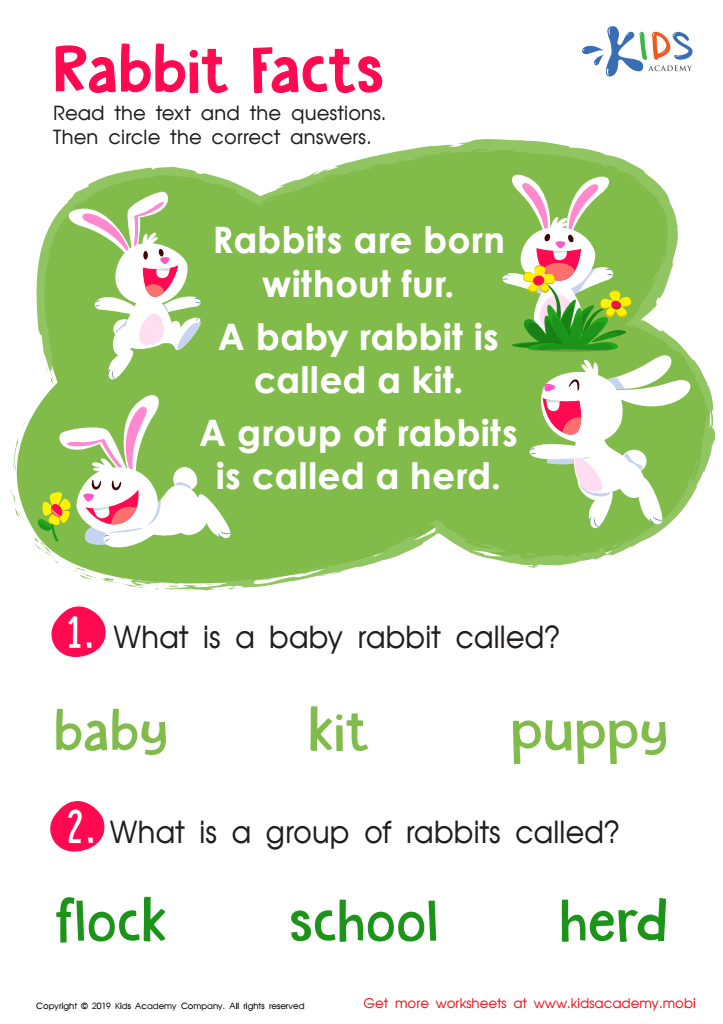

Rabbit Facts Worksheet
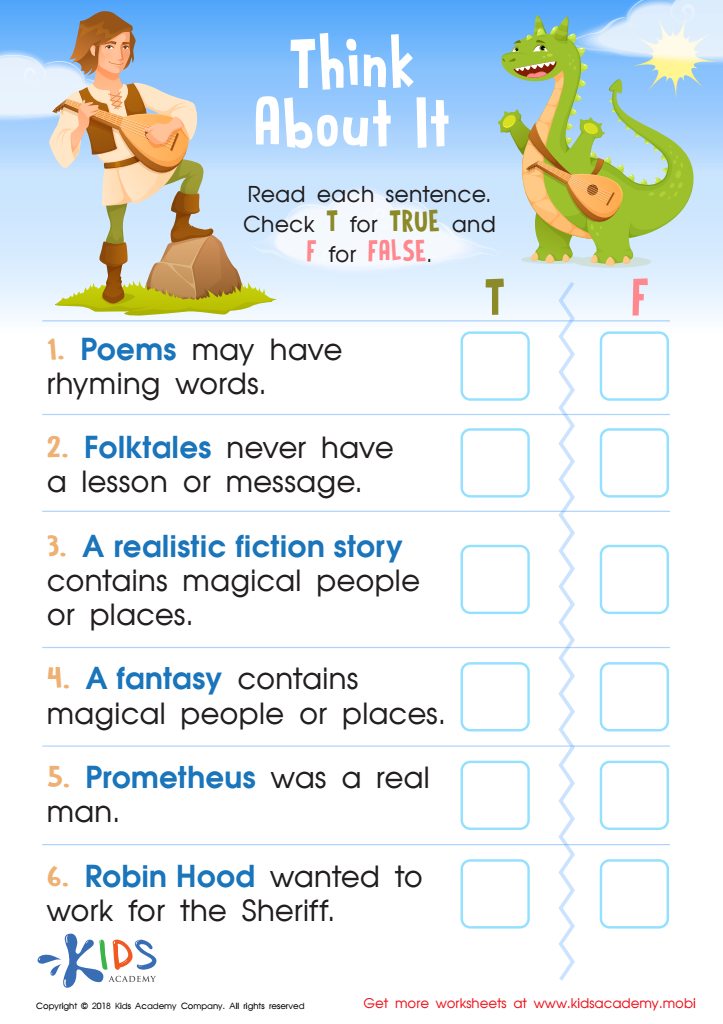

Think About It: Assessment Worksheet
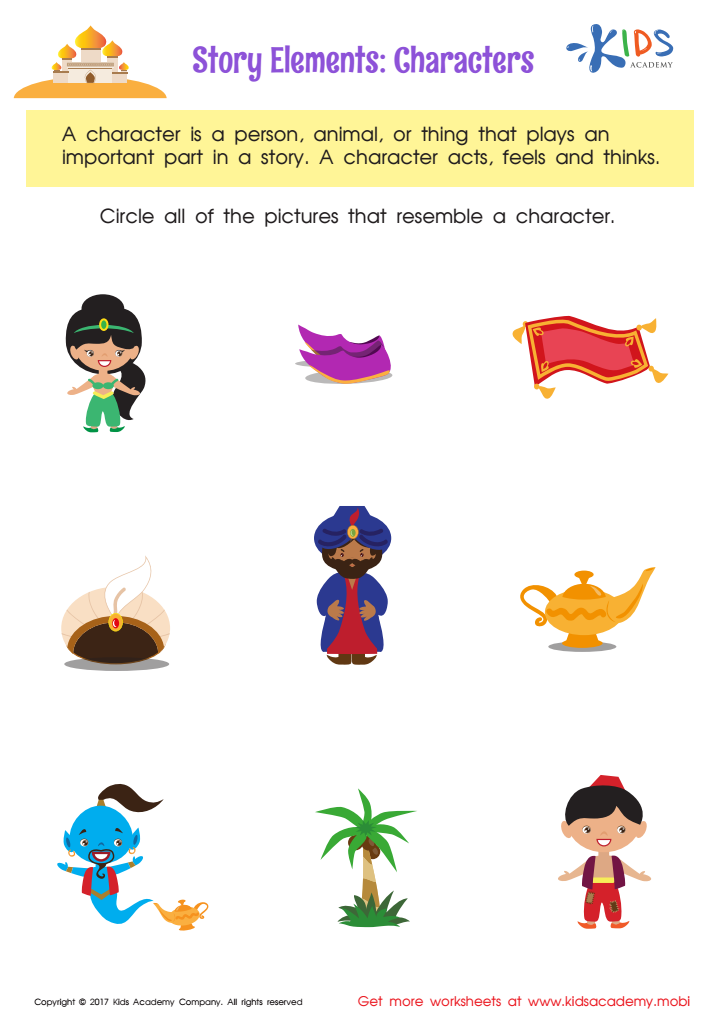

Story Elements Printable
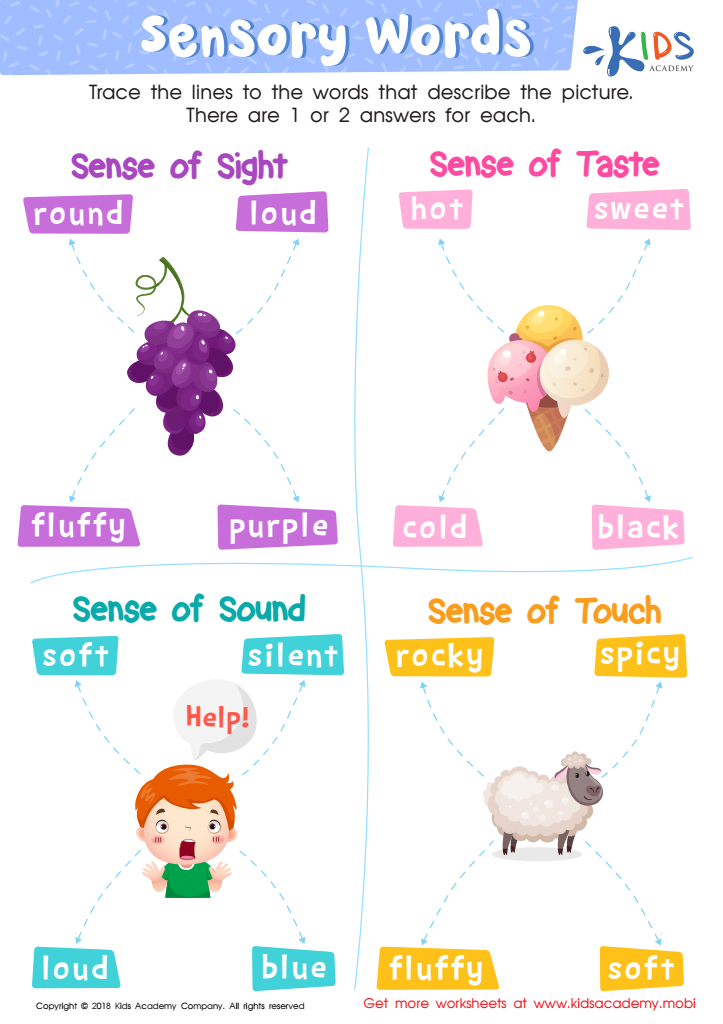

Sensory Words Worksheet
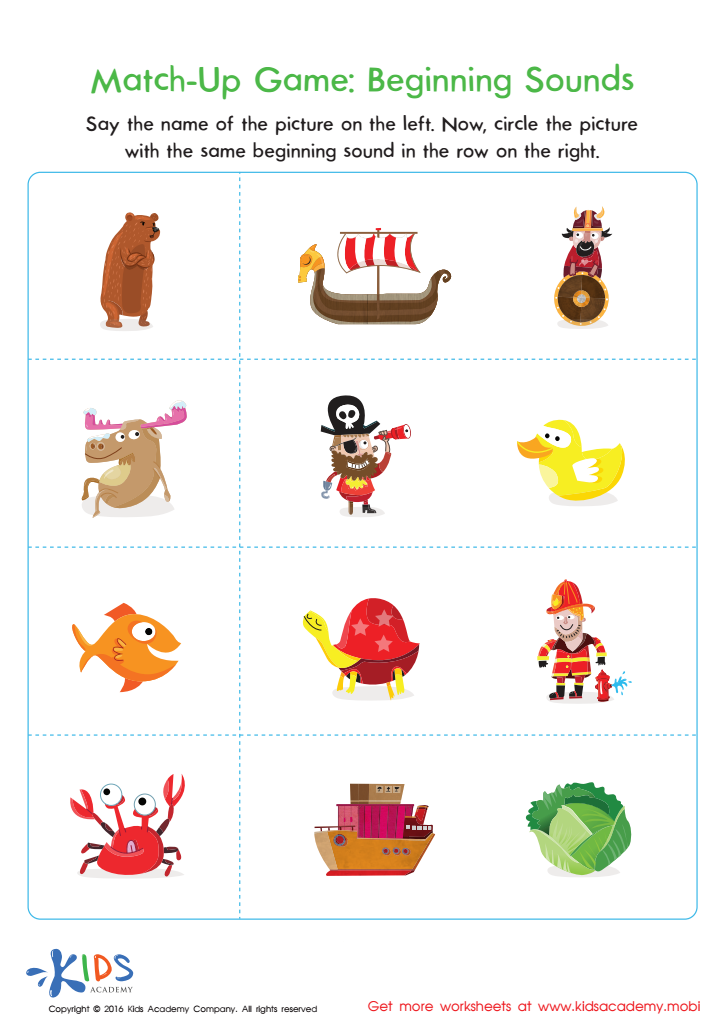

Match–Up Game: Beginning Sounds Worksheet
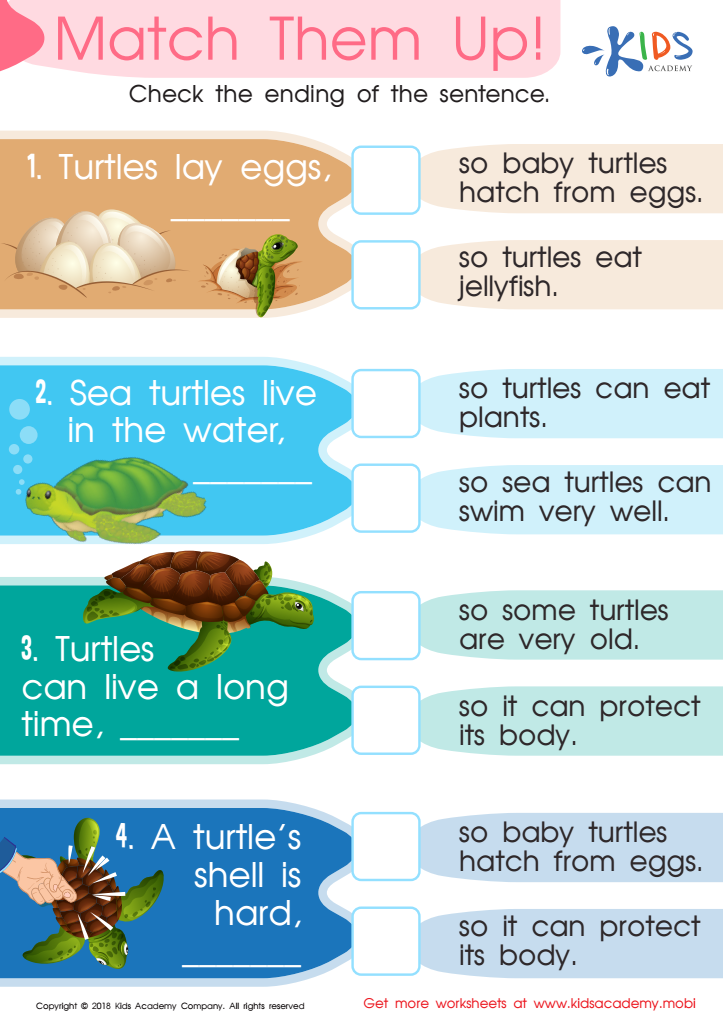

Match Them Up Worksheet
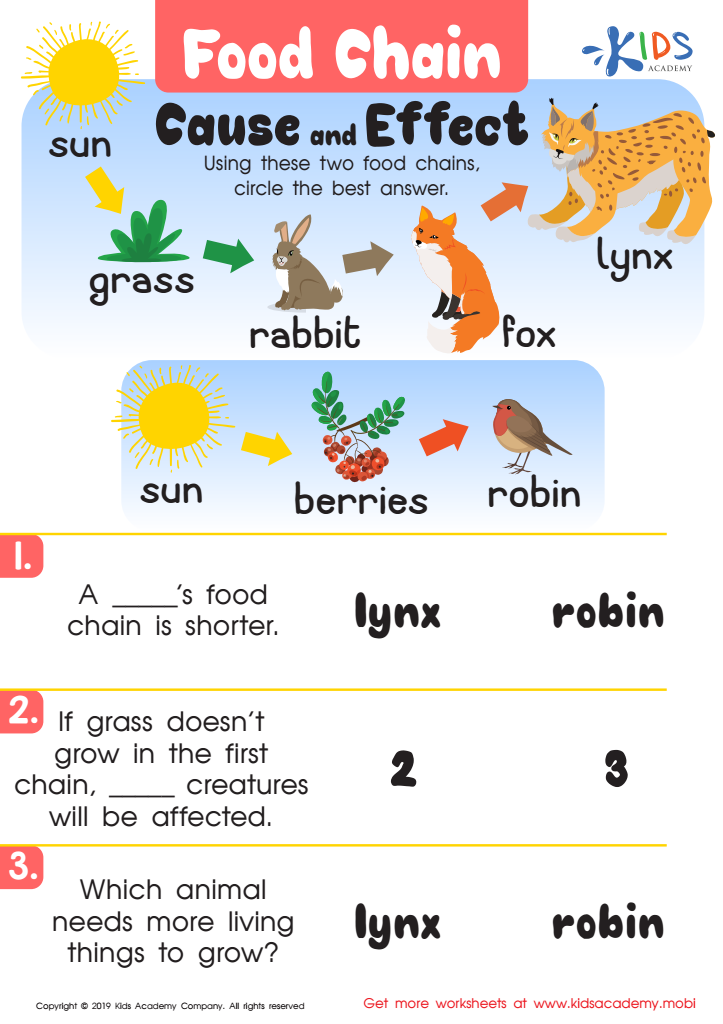

Food Chain Cause Worksheet
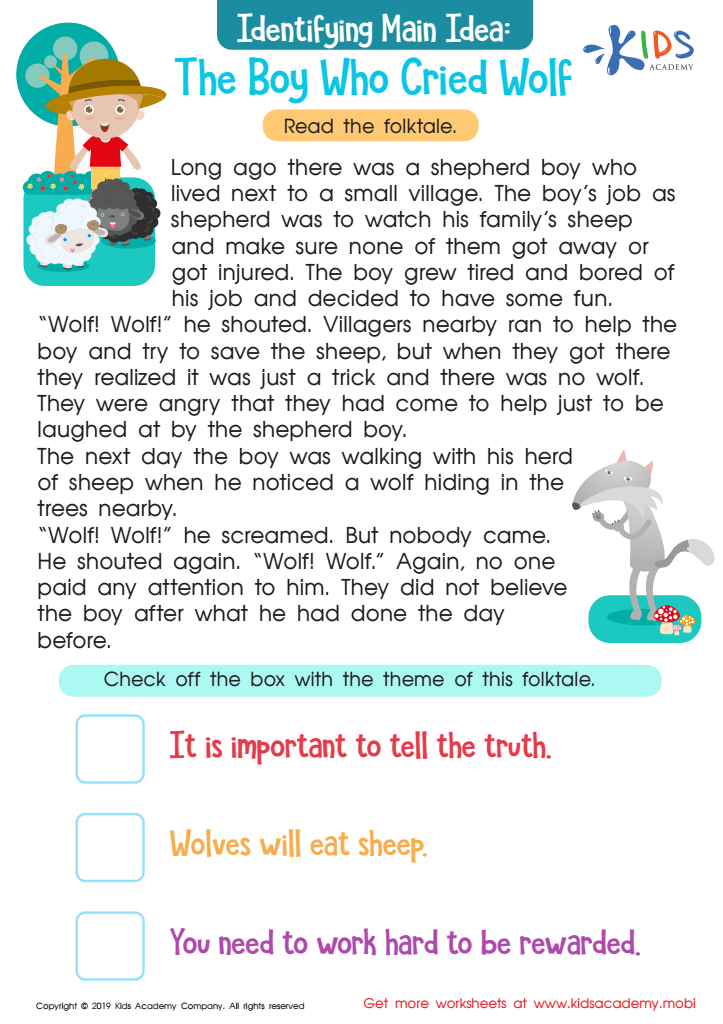

The Boy Who Cried Wolf Part 2 Worksheet
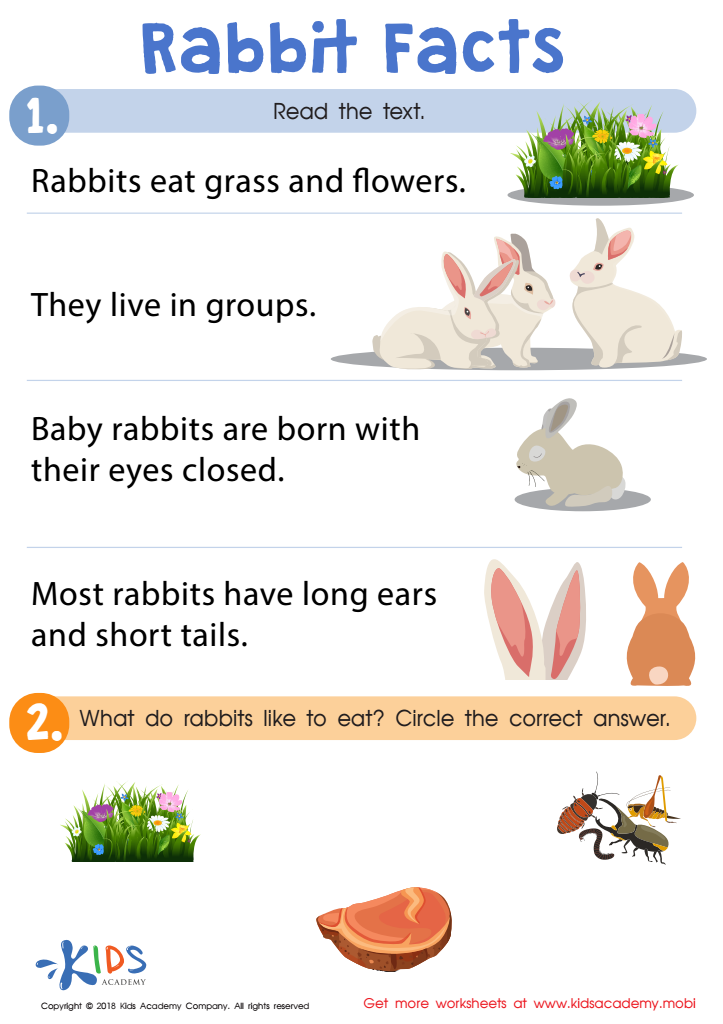

Rabbit Facts Worksheet
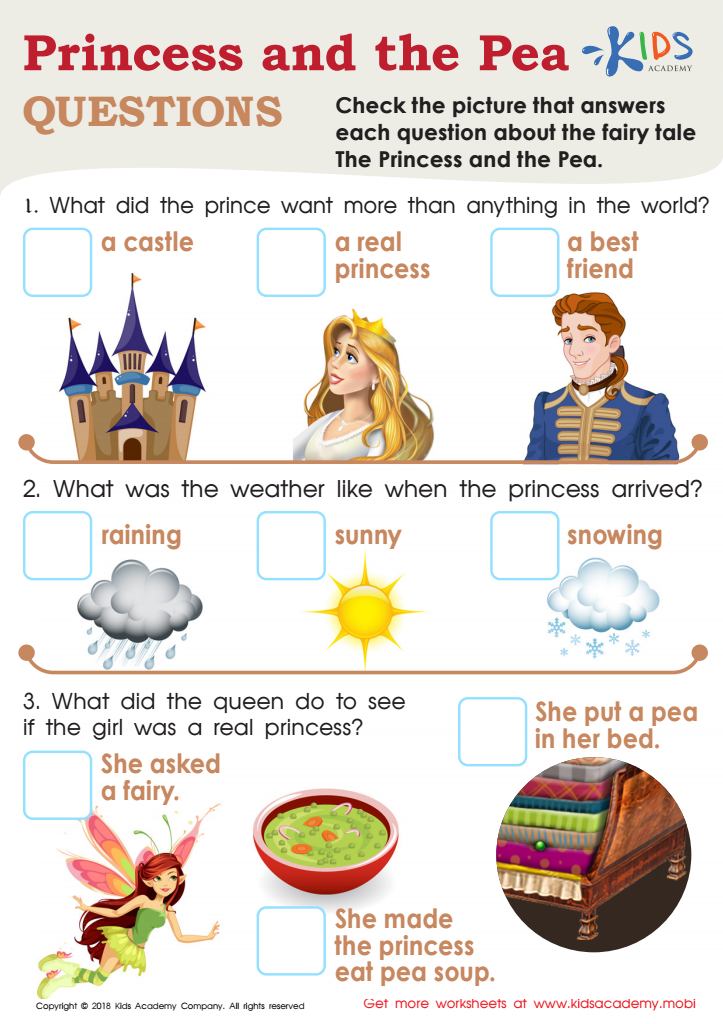

Princess and the Pea Questions Worksheet
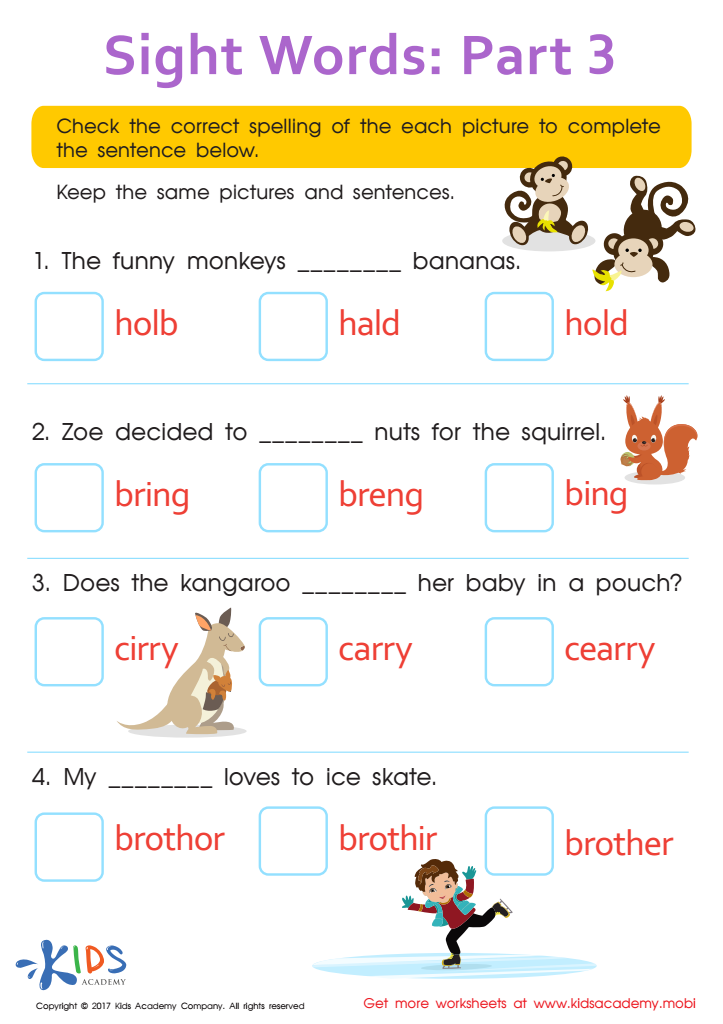

Hold, Bring, Carry, Brother Sight Words Worksheet
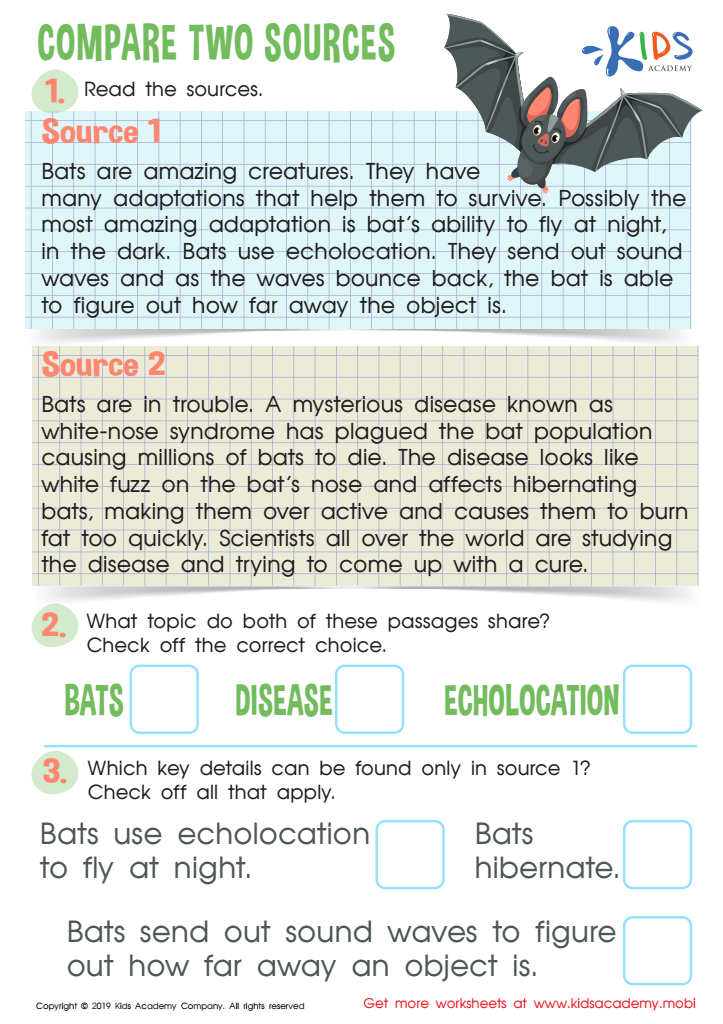

Compare Two Sources Worksheet
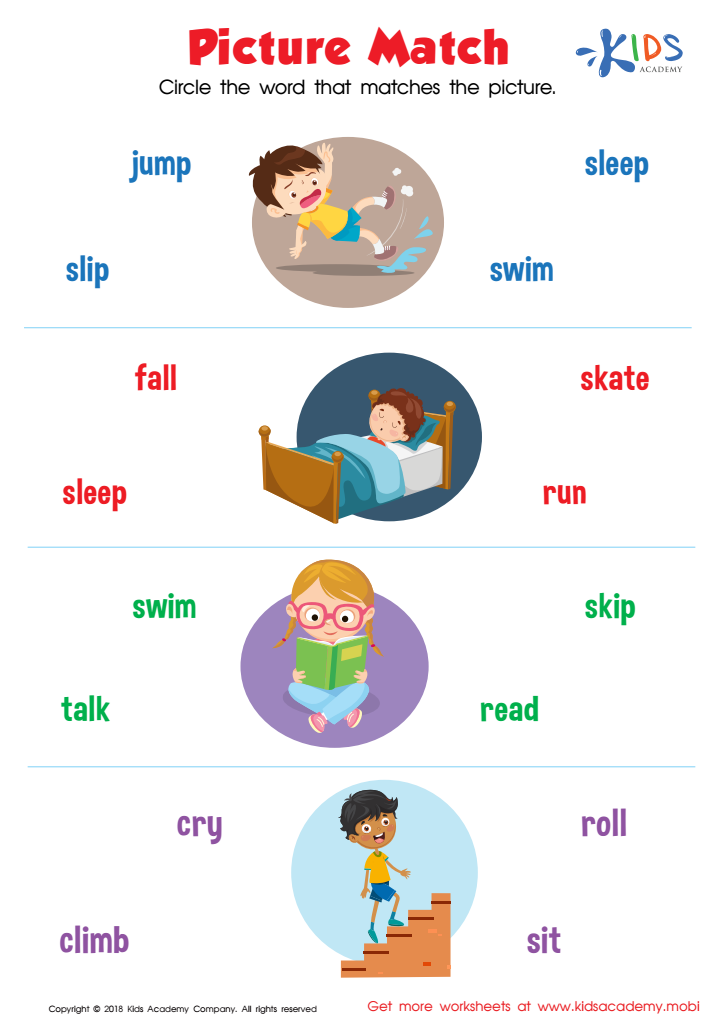

Picture Match Worksheet
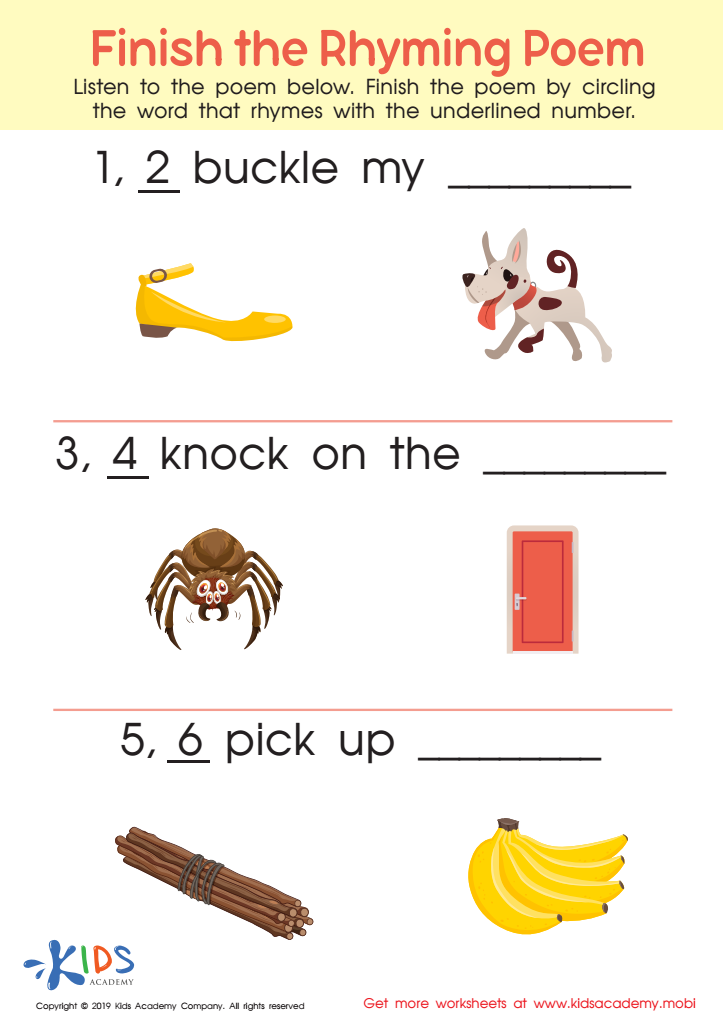

Finish Rhyming Poem Worksheet
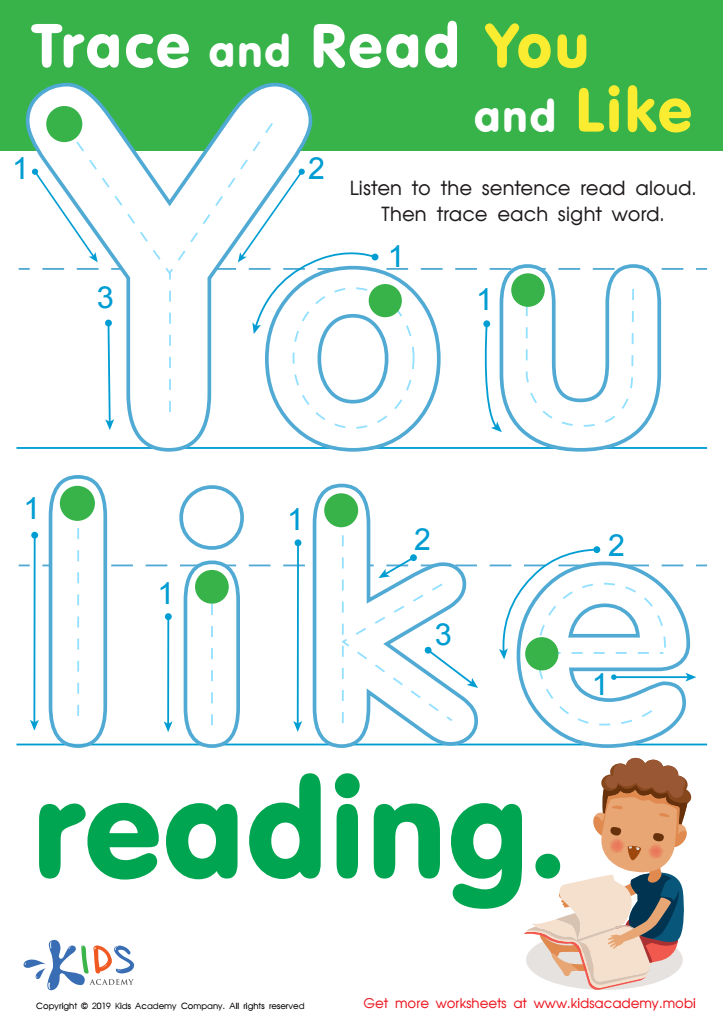

Trace Read You Like Worksheet
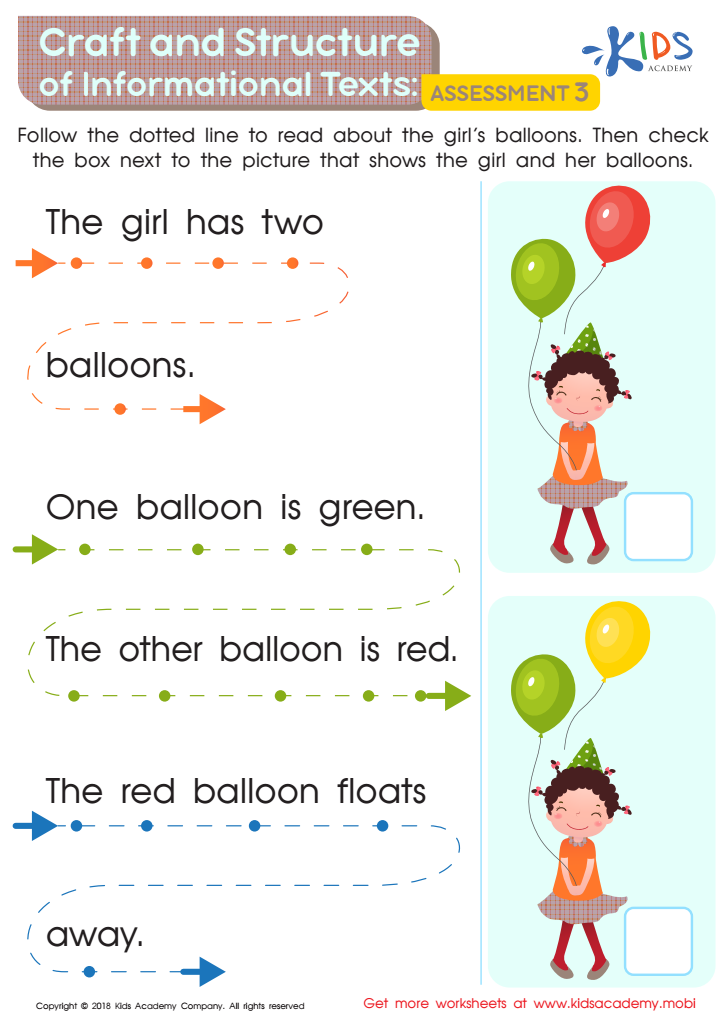

Craft and Structure of Informational Texts: Assessment 3 Worksheet
Parents and teachers should care about normal reading development for children aged 3 to 9 because this stage is crucial for setting a strong foundation for future literacy skills. During these early years, children are not just learning to read but also developing a love for reading, which significantly influences their academic success and lifelong learning. Research indicates that the ability to read proficiently by the end of third grade is a strong predictor of future academic achievement.
Early exposure to reading helps children improve vocabulary, comprehension, and critical thinking skills. It also supports social-emotional development, as stories can foster empathy and understanding of diverse perspectives. By monitoring and nurturing normal reading behaviors, adults can identify potential reading difficulties early on, allowing for timely interventions. This proactive approach can help struggling readers gain confidence and skills necessary for their academic journey.
Additionally, creating a print-rich environment, engaging in shared reading, and discussing stories with children cultivates analytical skills and imagination. Thus, fostering normal reading practices during these formative years not only enhances literacy but also enriches children's overall development, paving the way for a brighter educational future.
 Assign to My Students
Assign to My Students















